In this anecdote from the Bosch book, Reagan’s son Ron (who has often been critical of his father) tells of an expedition with his father to collect flagstone for eventual use in building a patio:
(p. 140, footnote 11) We went out to retrieve a lot of these big heavy stones and load them into a little trailer that would be then hauled behind this ancient old original Jeep. I mean this was just like the proto-Jeep that he still had, because he’d never throw anything away. And so we’d, you know, spend a few hours hauling these big heavy rocks and we’d load them into the little trailer. It’s now piled high. It must weigh tons. Climb back into the Jeep and head up this slope that’s steep. I mean this is steep. And on one side you’ve got a sheer drop to the Santa Ynez Valley, you know, 2,000 feet below, and on the other side a gully full of rocks. And we’re hauling this huge mass of sandstone behind us. Now this Jeep, this poor thing, it’s…it’s not going to make it. And about three-quarters of the way up this steep hill, it starts to give out. And it’s mmm-mmm-mmm, and it becomes apparent that we’re not going to crest the hill. And now we’re actually going backwards. We’re not hauling the rocks, the rocks are hauling us. And I’m ready to get out. Not him. He’s—handling it. He’s going to back this thing down, by God. And he does…and we make it down…the rocks haul us back down the hill, but we manage to stay on the road. Now I’m thinking, well, OK, so now we’re going to turn around and go some other way, because there’s no way we’re going up, we’re not going to try that again. Oh no, no, we’re going to go up that hill. You know, by God, we’re going up that hill. I…it must have taken us three or four tries, of getting almost up the hill and being hauled back down, and each time I’m thinking OK, you know, which way do I jump. He’s cool as a cucumber. Didn’t bother him at all.
Source:
Bosch, Adriana. Reagan: An American Story. TV Books Inc., 1998.
(Note: ellipses in original.)

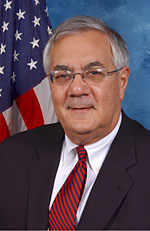 Barney Frank. Source of photo:
Barney Frank. Source of photo: 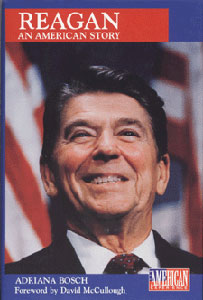 Source of book image:
Source of book image: 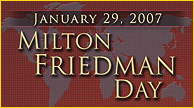 Source of graphic:
Source of graphic: 
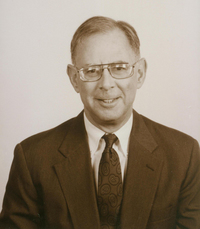

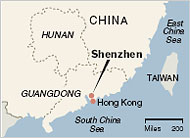 Map showing Shenzhen’s proximity to Hong Kong. Source of map: online version of the NYT article cited above.
Map showing Shenzhen’s proximity to Hong Kong. Source of map: online version of the NYT article cited above.